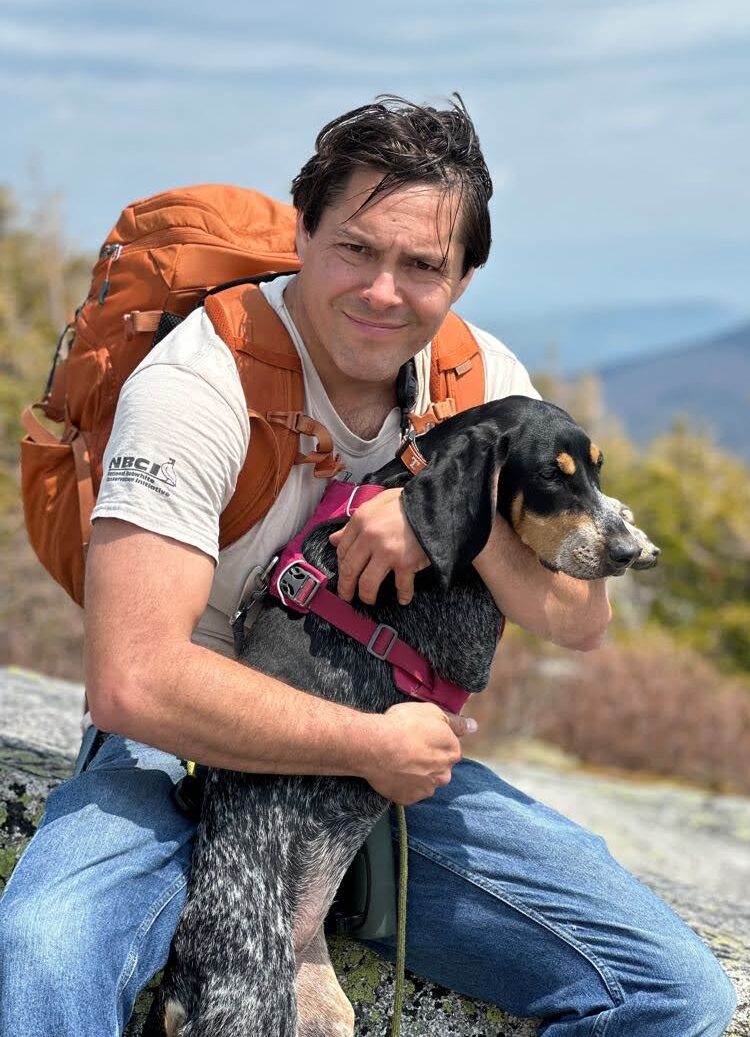Tuesday, August 15
12 – 1 pm CST
Avian response of priority songbirds to a shifting mosaic of forest management across multiple ownerships in West Virginia
Presented by Dr. Christopher Lituma
Co-authored by Robert M. Ryan, PhD Student
West Virginia University
Synopsis: |
Many migratory songbirds continue to experience range-wide population declines due, in part, to habitat loss on their breeding grounds. West Virginia is ~80% forested though most of the land is privately owned. Thus, management for declining songbirds like the Golden-winged Warbler (Vermivora chrysoptera), Cerulean Warbler (Setophaga cerulea), and Wood Thrush (Hylocichla mustelina) must occur in collaboration with private landowners. Sustainable Forestry Initiative (SFI) develops guidelines to improve species-specific habitat for institutional landowners, like Weyerhaeuser. Our goal is to use occupancy and abundance maps and models to develop guidelines in collaboration with SFI and Weyerhaeuser for focal species in West Virginia. From May through July 2021-2023 we conducted point count surveys on 250,000 acres of Weyerhaeuser property in West Virginia. We will present preliminary results about species occupancy and abundance. |
Dr. Lituma’s Bio: |
Dr. Lituma is an Associate Professor of Wildlife and Fisheries Resources at West Virginia University. His research interests focus on grassland and early-successional bird population ecology, landscape conservation ecology, and how conservation practices affect bird populations. He is also interested in understanding how continued human population expansion and the wildland-urban interface will affect the significance of private lands in avian conservation, as well as the full life-cycle conservation and understating avian population dynamics during migration and on wintering grounds. Dr. Lituma earned his bachelor’s in biology from Millersville University of Pennsylvania, a master’s in wildlife and fisheries sciences from Texas A&M University, and a doctorate in natural resources from the University of Tennessee. |